| Content | The present work is based on the transcript of a dialogue between several Sunni divines and a 31 year-old Shi'ite scholar, al-`Abd al-Fani Muhammad al-Musawi Sultanu'l-Wa’adhim, of Shiraz, Iran, held over a period of ten nights in Peshawar, India, beginning on 27 January 1927. The dialogues were a model of mutual respect, and in spite of the seriousness of the subject and the presence of an audience of some 200, there was no breach of decorum.
The author refers to himself throughout the book as "Da'i," that is, one who prays for or invokes a blessing upon someone, translated here as "Well-Wisher." His success is indicated by the fact that at the end of the dialogue one of his Sunni opponents and five other dignitaries in the audience publicly acknowledged their conversion to the Shi’as sect.
HEAVILY SUBSIDIZED BY WWW.WABIL.COM | This work contains a number of speeches, articles, books, and question-and-answer sessions of the erudite professor, Haḍrat Ayatullah Muhammad Taqi Misbah Yazdi (may his sublime presence endure), which have been compiled, edited and published by the author on the subject of Wilayat al-Faqih. We believe that in the current status of our society, wilayat al-faqih constitutes the central pillar of Islam, and its safety contributes to the splendor of Islam and Islamic laws and values in the society. As such, we have decided to elucidate this theory, support it academically and logically, and enlighten the general public, particularly the young generation of our country who probably know very little about this theory and its ramifications, and thus discharge a small part of our religious duty. Likewise, we have tried to deal with all the aspects of this theory to address the subjects which we find significant and controversial. However, things like the brevity of content and the readers’ patience and the time that they have been taken into account as far as possible.
HEAVILY SUBSIDIZED BY WWW.ISLAMICTHOUGHT.CO.UK | This text begins introducing the (Duas) Definition of Prayer, and its importance. The author explains how prayers are accepted, and what acceptance of prayer can lead to in a believer's life. Beyond the literal recitation of the prayer, in this text we can find the etiquettes of prayer, and other aspects we must take into consideration.
Want to understand and put your heart into your Duas, this book will help you to do just that, ideal for people living in the west, simple do along technique's.
Topics covered 1 Definition of prayer 2 Requisites of Supplication 3 Obstacles and Hindrances 4 Lawful and Unlawful request 5 Supplication of Ahl al-bayt 6 Visitation: Its Monotheistic and Political dimensions.
HEAVILY SUBSIDIZED BY WWW.ISLAMICTHOUGHT.CO.UK | Class 3 Fiqh by Majlis-e-Ulama Shia folder is used by most centres in UK. Topics covered (1) Furoo e deen (2) Concept of sin (3) Islamic terminology (4) Wudhu (5) Adhaan & Iqaamah (6) Salaah (7) Zakaat (8) Khumus (9) Hijaab (10) Ramadhan (11) Hajj. One of the best best Madressa available in English.
HEAVILY SUBSIDIZED BY WWW.ISLAMICTHOUGHT.CO.UK | This book addresses issues on the status and standing of women, their social, political, and cultural activities, housewifery, art, freedom, lifestyle, natural and acquired rights, and other issues from Islamic point of view.
According to Islam, women and men alike possess the lofty status of humanity because they are both equally human.
The fact that noble Adam ('a) was able to understand the Names and explain them was due to his unique genesis as a human and men and women are equal in this genesis. In general, all extolments in the Quran and Hadith regarding humans encompass both women and men. There is no verse in the Quran that reproaches women for being women.
Therefore, according to Islam and the Quran, men and women are equally human, they are no different in worth, and they possess common responsibilities in managing the society.
HEAVILY SUBSIDIZED BY WWW.ISLAMICTHOUGHT.CO.UK | This book will take to an advance level spirituality by the great master "Alamah Sayyid Muhammad Husayn Tabatabai" want to get high on level self purification then this book is ideal. This text presents a series of twenty-one discourses related to the spirituality of Shi'ism and various key interesting topics in Islam.
Heavily subsidized by www.islamicthought.co.uk |


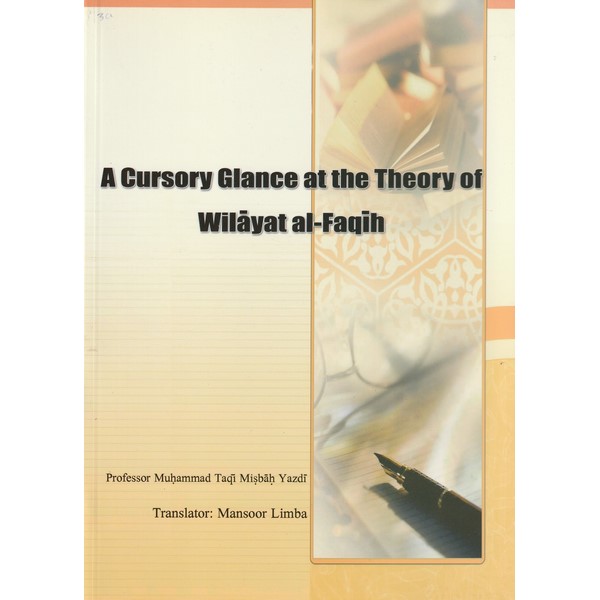
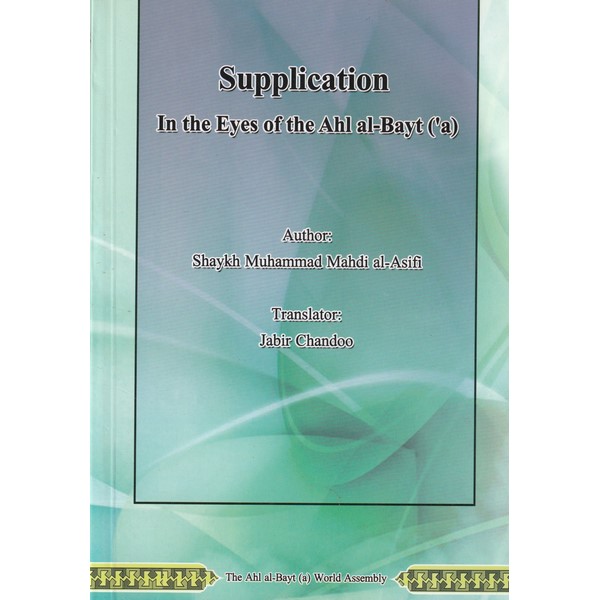

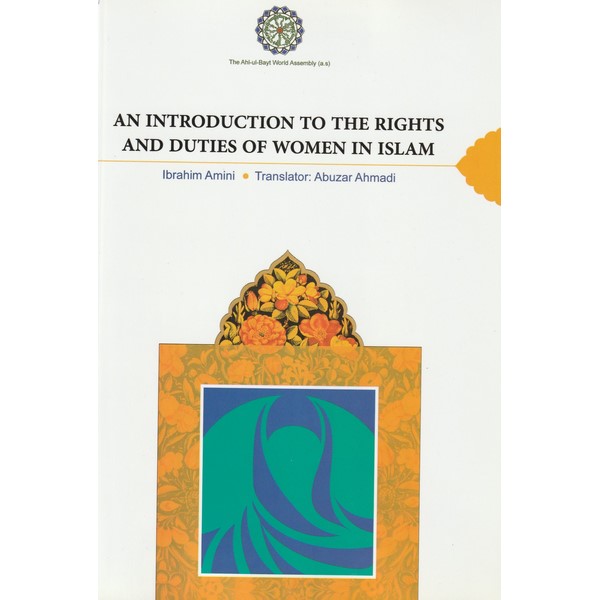
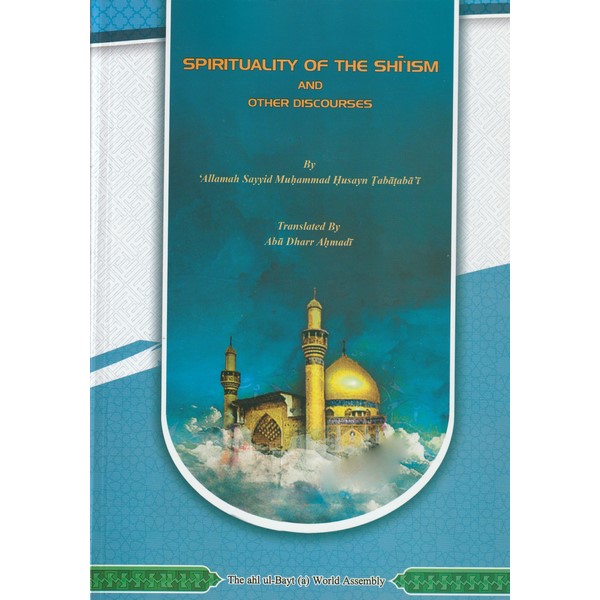
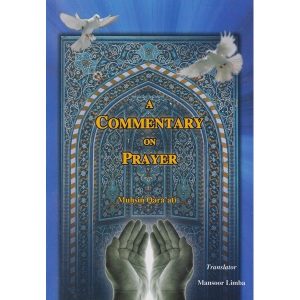
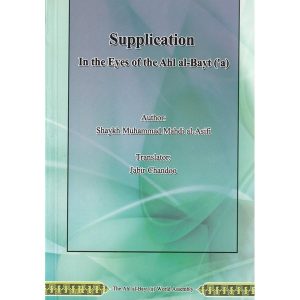
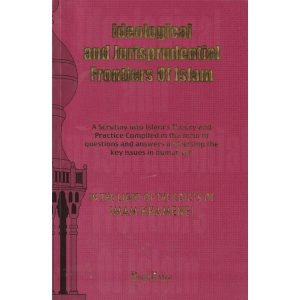

Reviews
There are no reviews yet.